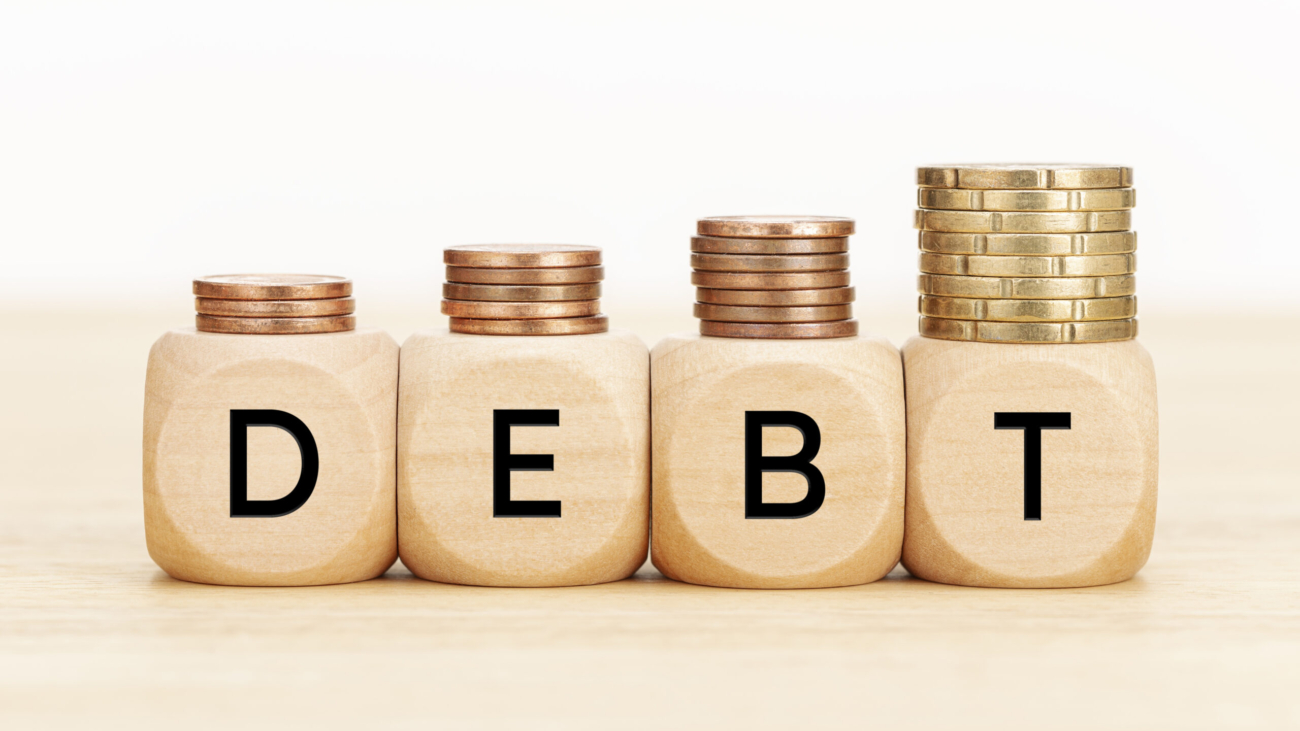Evaluating your finances is crucial to your financial success and stability. It is important to keep track of your spending, savings, income, and debts, so you can plan a reasonable budget and make wise financial decisions. An overview of your finances also helps you identify problems before they become too big and recognize opportunities.
One of the most reliable tols to evaluate your financial health is your Debt-to-Income (DTI) ratio. Your DTI ratio measures your total monthly debt payments concerning your monthly gross income.
What Does Your DTI Ratio Mean?
Knowing your DTI ratio can help you make better decisions regarding taking on additional debt and understanding your overall financial situation.
A high DTI ratio can make it challenging to qualify for loans or credit cards, while a low DTI ratio can make it easier to obtain financial assistance.
A high DTI ratio indicates that most of your income is dedicated to paying off debt, so lenders consider you a higher risk. A high DTI ratio suggests that your debt payments could quickly overtake your income, leaving you unable to pay back the loan or credit card.
The higher the DTI ratio, the more difficult it is to qualify for loans and credit cards.
Meanwhile, having a low DTI ratio means you have effectively managed your finances and will have no problem paying back loans or credit cards. Lenders look at a low DTI ratio to indicate that you have been paying your debts properly and will be a reliable borrower.
How to Calculate Your DTI Ratio?
Calculating your DTI ratio is relatively easy and can be done in three simple steps:
- You’ll need to calculate your total monthly debt payments. Include recurring expenses such as car loans, student loans, credit cards, and other debts.
- Add up your total monthly gross income. Take note of all income before taxes, including wages, bonuses, investments, and other sources of income.
- Divide your total monthly debt payments by your total monthly gross income.
The resulting number is your DTI ratio.
For example, if your total monthly debt payments are $2,000 and your total monthly gross income is $4,000, your DTI ratio is 50%. A DTI of 50% means that half of your monthly gross income pays off debts.
It’s important to note that lenders may use a slightly different calculation for your DTI ratio. Most lenders will include other expenses such as housing, alimony, and child support in the analysis.
Additionally, lenders may use an average of your income from the past two years instead of your current income when calculating your DTI ratio.
How to Improve Your DTI Ratio?
The best way to improve your DTI ratio is to pay down your debt consistently and on time. Even making small payments of 10-15% of your total debt every month can positively impact your DTI.
Focus on reducing your expenses as much as possible. Cut out unnecessary luxuries, save on groceries, and consider consolidating your debt. Consistently doing these things can help you make major improvements to your DTI ratio.
Conclusion
Calculating your Debt-to-Income Ratio (DTI) is essential for understanding your debt relative to your income. Knowing your financial standing can help you make better decisions about taking on more debt and provide a measure of your economic situation.
Are you a first-time home buyer in Ottawa, and need reliable assistance? Get in touch with Ottawa Mortgage Services today! You can trust us with your refinancing and debt consolidation needs.








